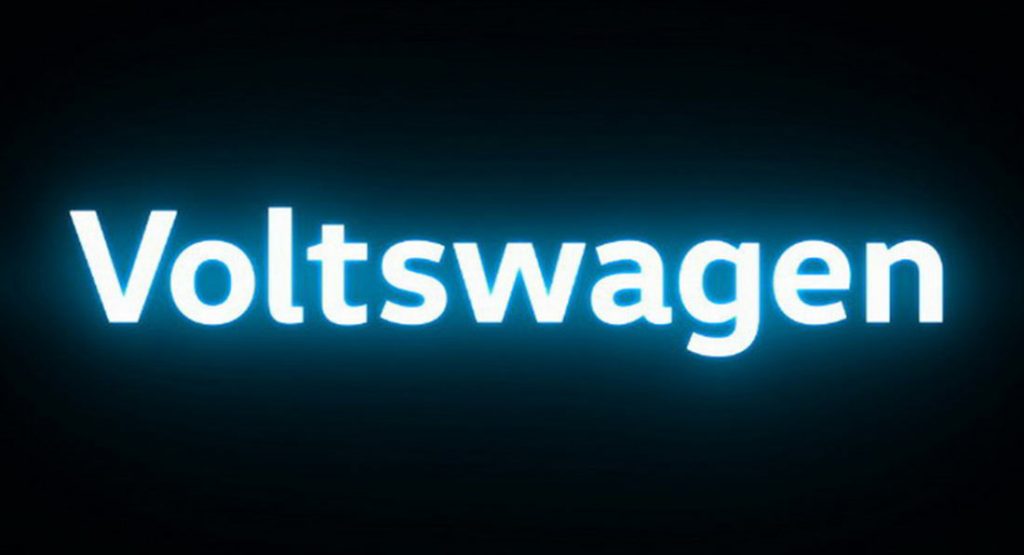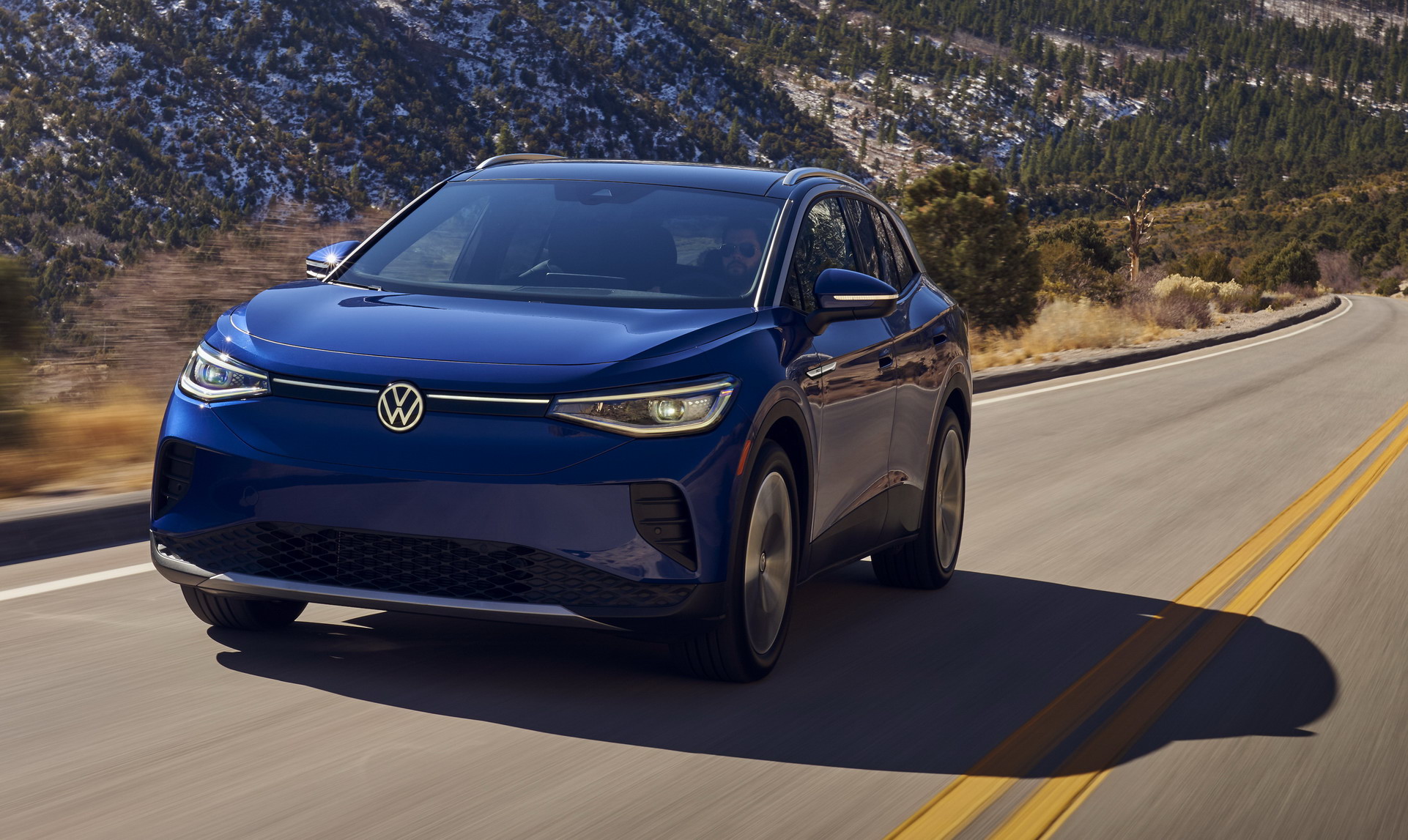New details have emerged about VW’s elaborate joke to rebrand its U.S. operations to ‘Voltswagen’ roughly a week after the announcement went viral in the media.
An article from Auto News has revealed that on March 29, VW published an intentionally unfinished press release dated April 29 on its press website announcing the name change. While the press release was only live for an hour, links to it were emailed to high-profile journalists across the industry. At the time, it seemed like a legitimate leak from within the automaker but as it turns out, it was a ruse developed by VW’s lead marketing agency Johannes Leonardo.
Following the ‘leaking’ of the fake press release, VW executives, including company spokesman Mark Gillies, assured multiple media publications that the name change was legitimate and was not an early April Fools’ joke. Journalists took the press spokesperson at his word and published the story. As if that wasn’t enough, the carmaker later published a completed version of the press release quoting VW Group of America chief executive Scott Keogh, celebrating the name change.
Read Also: Voltswagen Hoax May Land VW Into Trouble With U.S. Regulators For Distorting Stock Prices
Before long, however, VW’s plot unraveled and the alleged name change was confirmed to be nothing more than a publicity stunt to generate interest in the company’s electric vehicles, in particular the new ID.4.
In a recent interview with Auto News, Keogh said that the Voltswagen name has been floating around internally within VW for a number of years and championed by Reinhard Fischer, a senior vice president with Volkswagen Group of America.
What began as an April Fool’s effort got the whole world buzzing. Turns out people are as passionate about our heritage as they are about our electric future. So whether it’s Voltswagen or Volkswagen, people talking about electric driving and our ID.4 can only be a good thing. pic.twitter.com/Rzx8mJgxkT
— Volkswagen (@VW) March 31, 2021
“When you light a match like this, in the environment, and it gets us, you know, as much traction as it did, you’re just not able to control everything — every phone call, every text, every email, every engagement, every back and forth,” Keogh told the publication. “But the idea came from a very Volkswagen place: Let’s have some fun. Let’s have a gag. Let’s show the world how crazy we are about EVs. Full stop.”
According to the Autonews report, “VW’s top management decided that the risk of brazenly misleading reporters and the public – again – was worth the potential reward.” Speaking to Ad Age, Karen Doyne, a crisis communications expert at Doyne Strategies, seems to agree: “VW’s goal clearly was to create millions of headlines and posts linking its brands to electric cars, and it worked. Mission accomplished,” she said adding that consumers wouldn’t find the company’s actions “offensive”.
While VW says the ruse was all in good fun, it certainly rubbed a few people the wrong way, particularly given the carmaker’s history of lying to cover up its diesel emissions cheating.





